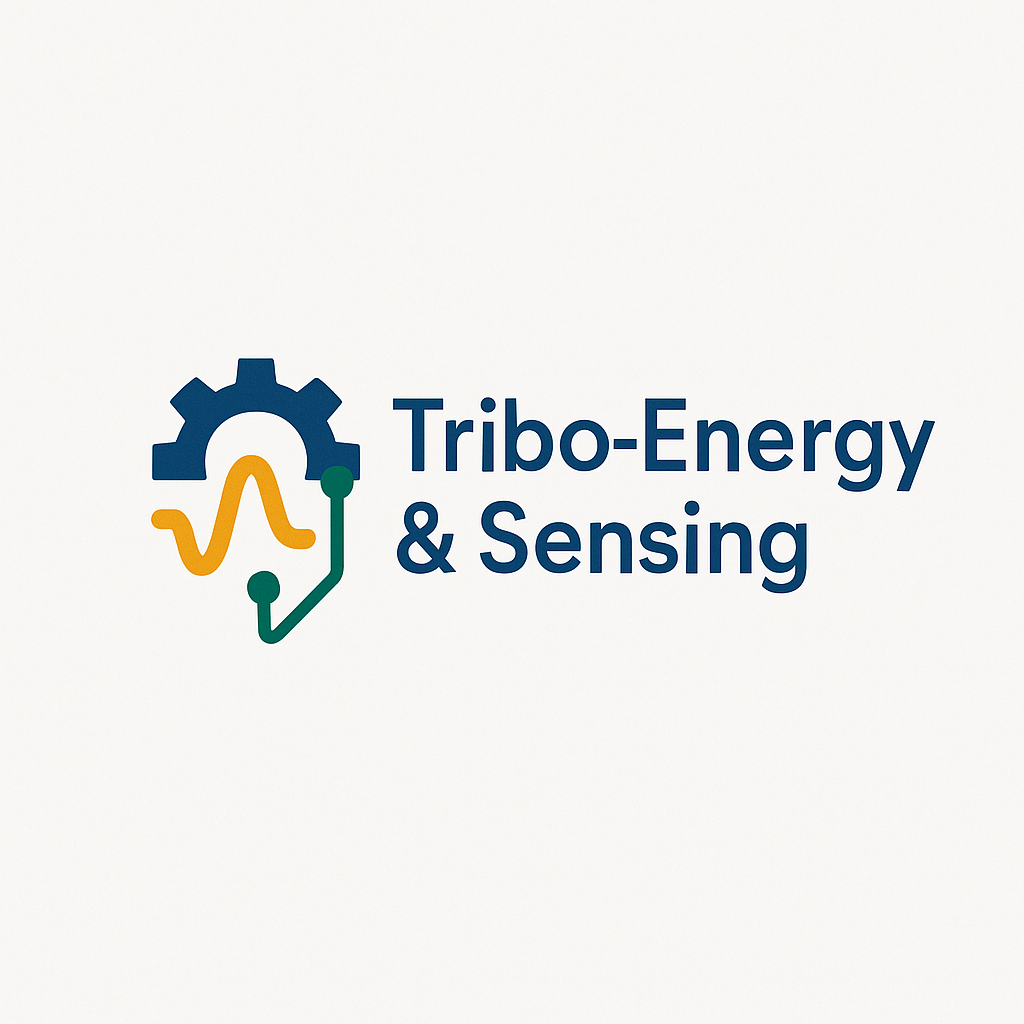Tribo-Energy&sensing 2026
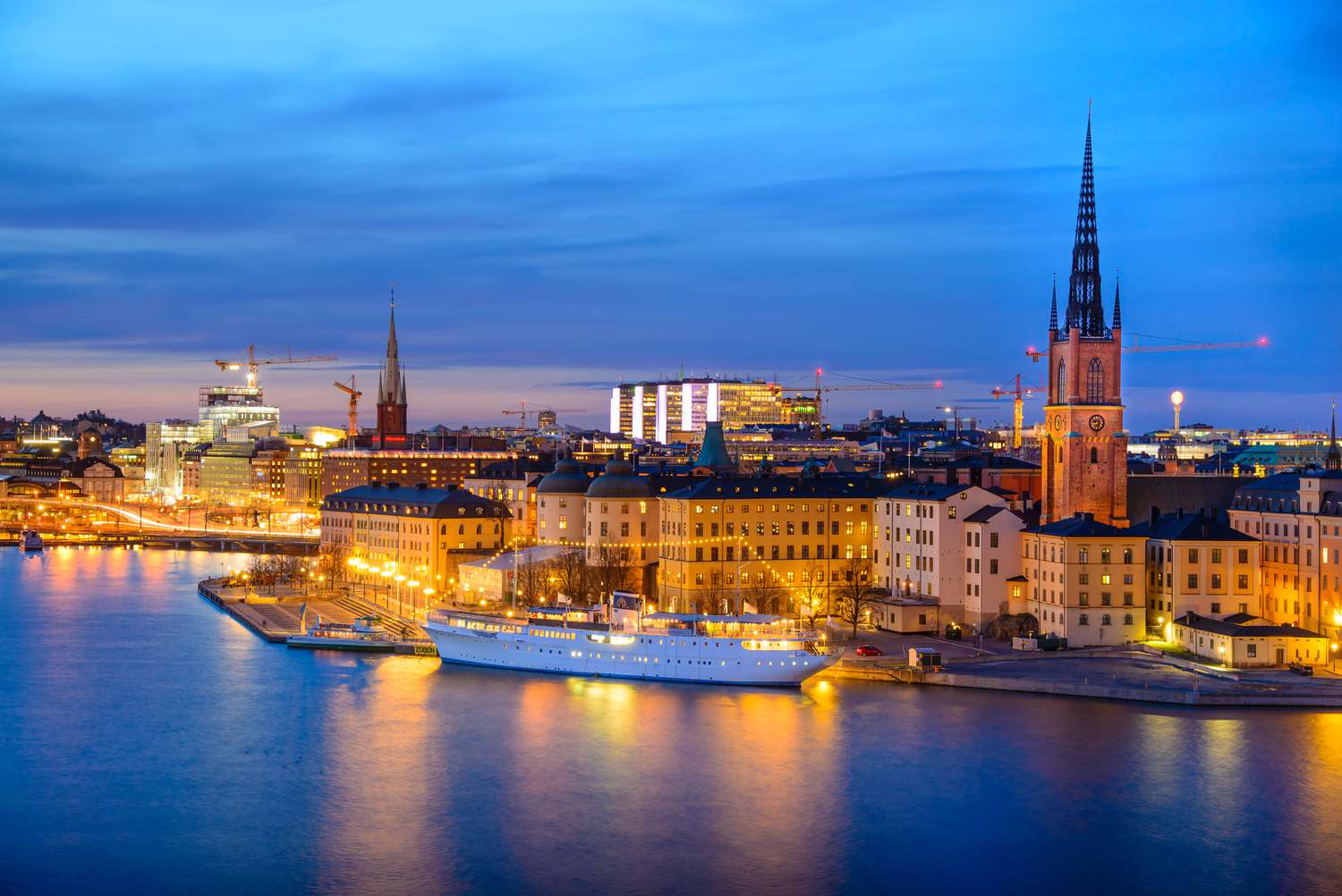
Plenary speakers
Introducing the dedicated professionals behind Tribo-Energy&Sensing 2026.
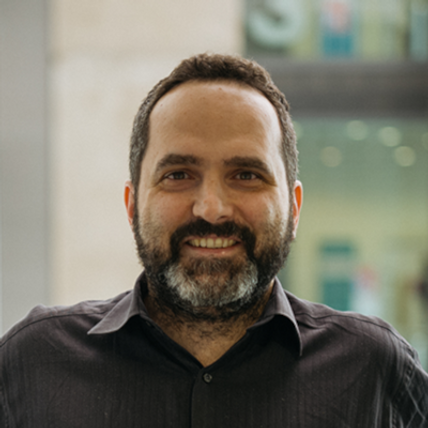
Prof. Daniele Dini
Fellow of the Royal Academy Engineering, Imperial College, UK
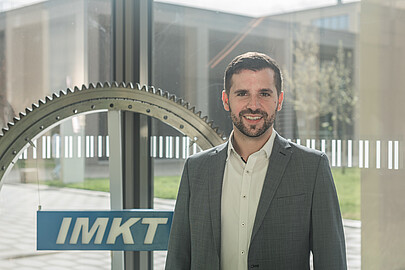
Prof. Dr.-Ing. Max Marian
Institute of Machine Design and Tribology (IMKT), Leibniz University Hannover, Germany.
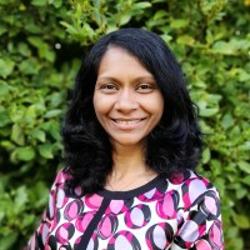
Fellow of the Royal Academy Engineering, University of Cambridge, UK
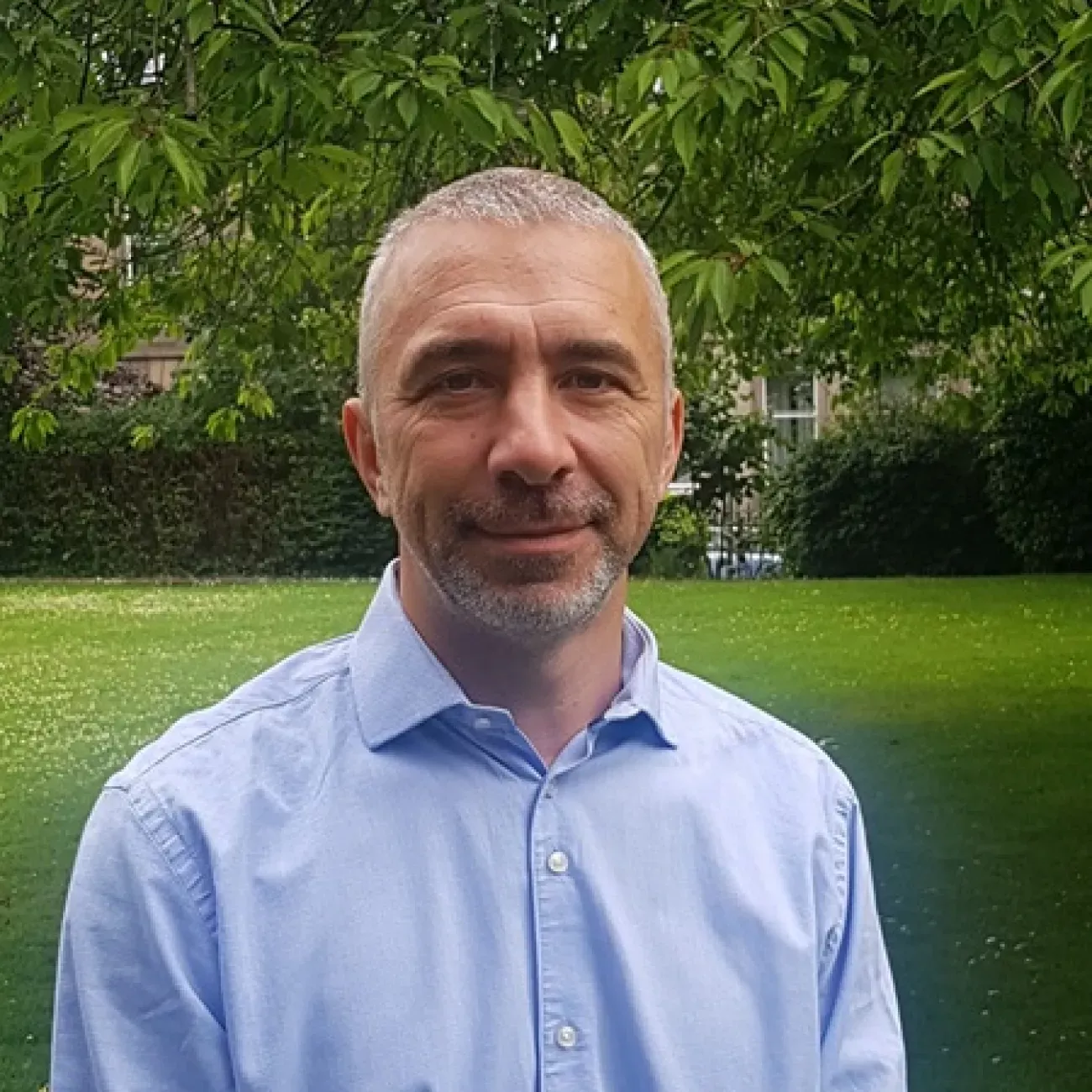
Dr. Daniil Yurchenko
Head of Dynamics Group at ISVR,
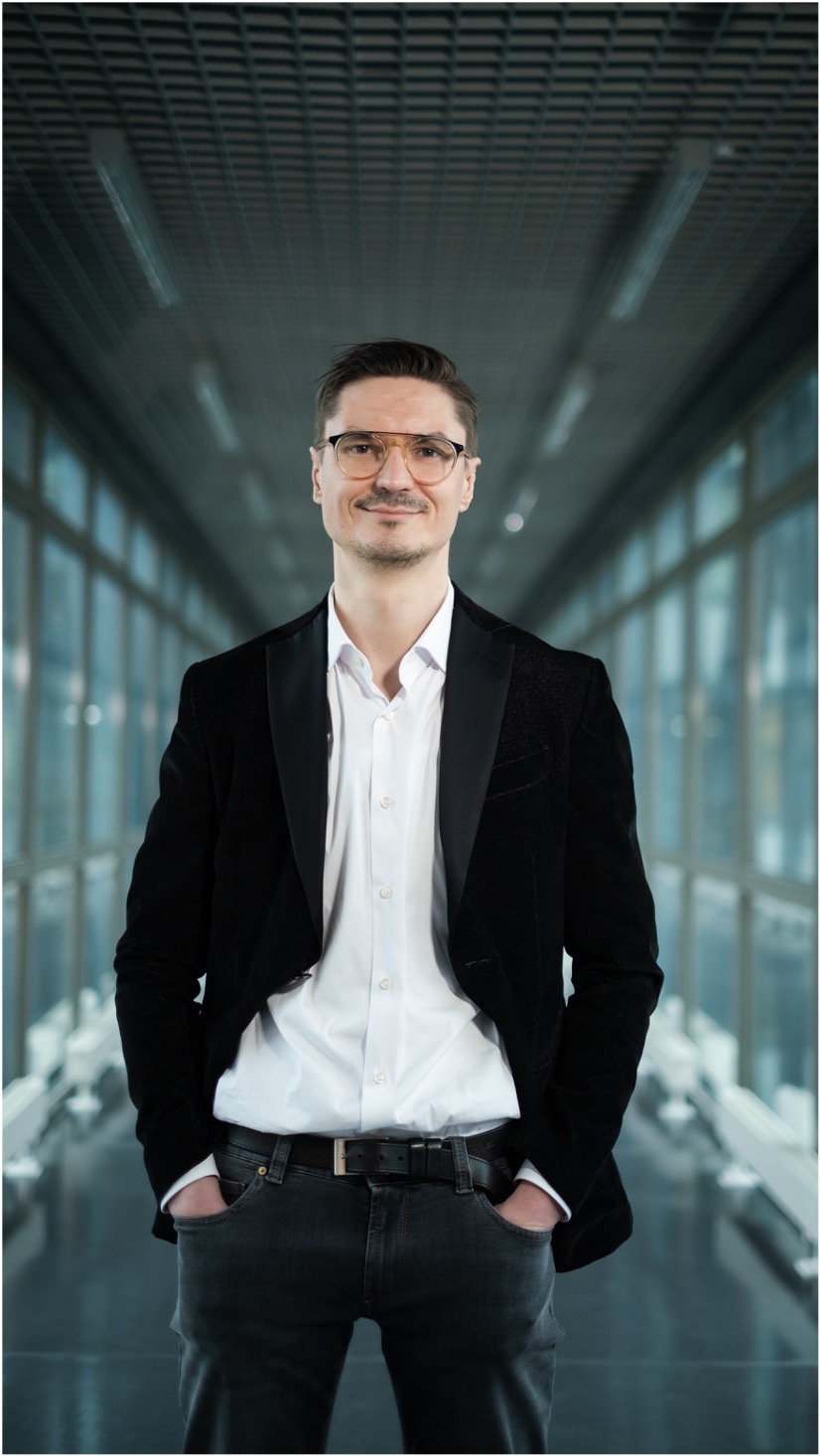
Prof. Andris Šutka
Member, Latvian Academy of Sciences, Riga Technical University, Latvia,
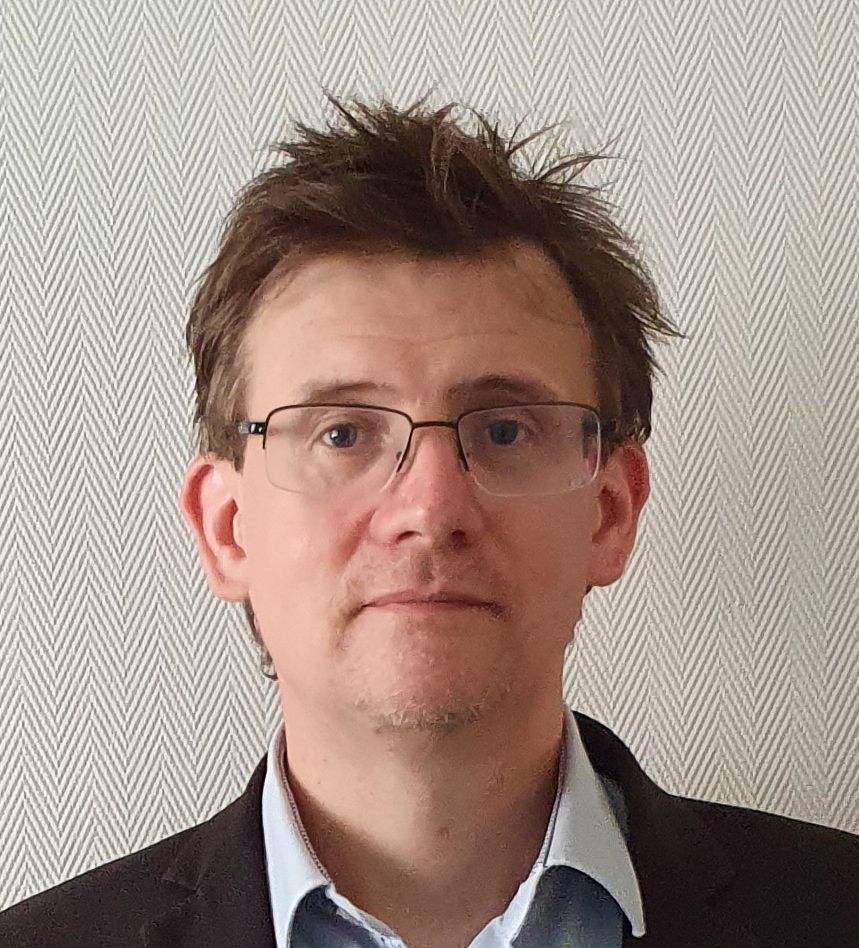
Prof. Philippe Basset
Director of ESYCOM lab (Univ Gustave Eiffel / CNRS UMR 9007), Univ Gustave Eiffel / ESIEE Paris, France.

Dr. Giuseppina Pace
National Research Council (CNR), Institute for Microelectronics and Microsystems (IMM), Italy.

Prof. Nuria Espallargas
NTNU leader of the Gemini Centre “Tribology”, Norwegian University of Science and Technology, Norway.

Prof. Federico Rosei
Chair of Industrial Chemistry, Department of Chemical and Pharmaceutical Sciences, University of Trieste, Italy.
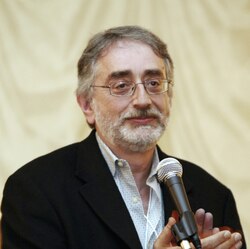
Prof. Laurence Marks (Laurie)
Fellow, American Physical Society, Department of Materials Science and Engineering, Northwestern University, USA.
Conference Scientific Committee

Fellow of the Royal Academy Engineering, University of Cambridge, UK

Dr. Ana Borras
Tenured scientist at the Spanish National Research Council, Spain.

Prof. Andris Šutka
Member, Latvian Academy of Sciences, Riga Technical University, Latvia,
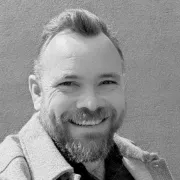
Dr Peter C. Sherrell
Senior Vice Chancellor's Research Fellow, RMIT University, Australia.
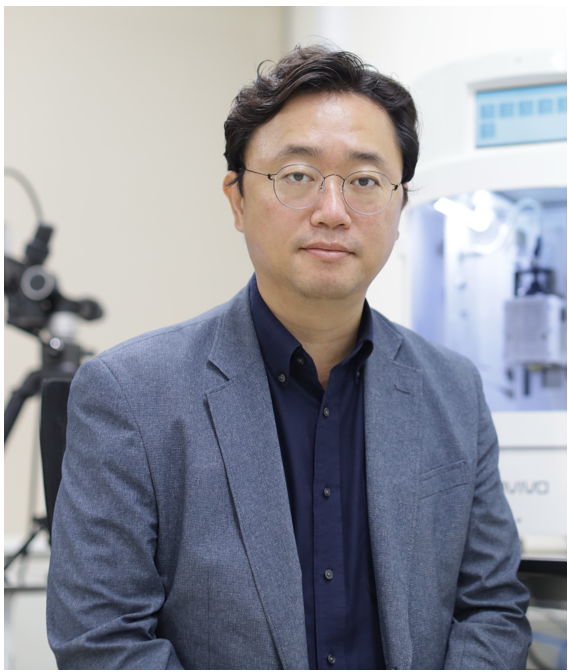
Prof. Sang-Woo KIM
YONSEI World-Class Fellow Professor, Yonsei University, Republic of Korea.
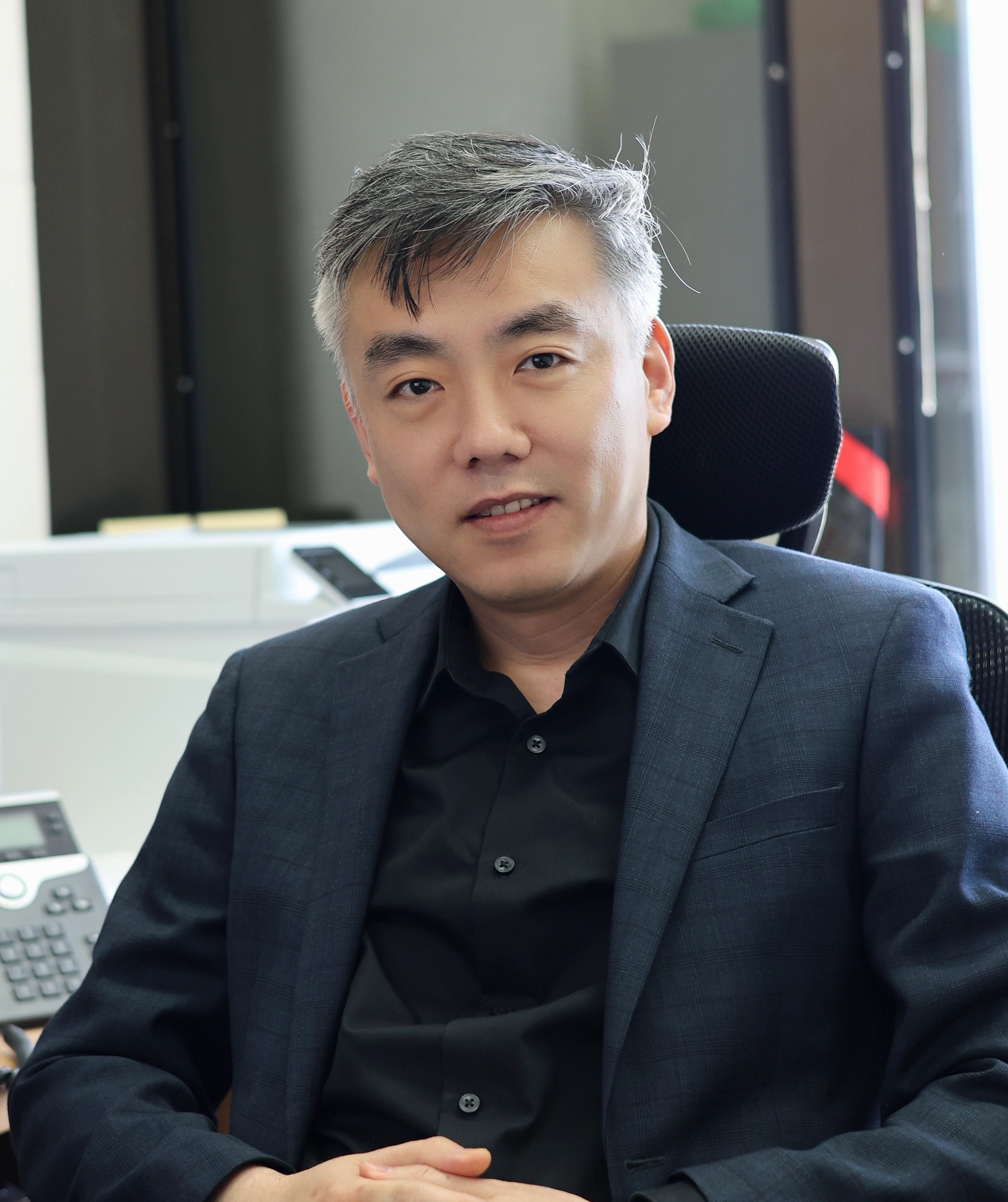
Prof. Xudong Wang
Fellow of the American Association for the Advancement of Science, University of Wisconsin–Madison, USA

Prof. Daniele Dini
Fellow of the Royal Academy Engineering, Imperial College , UK
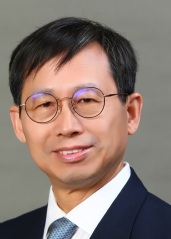
Prof. Quanshui Zheng
Founding Director of Center for Nano and Micro Mechanics (CNMM), Tsinghua University, P.R. China
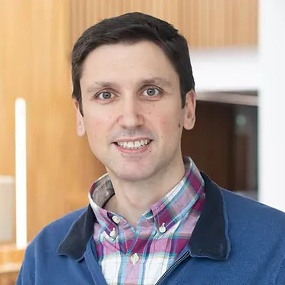
Dr. Carlos Garcia Nuñez
Fellow of the Higher Education Academy (FHEA), University of Glasgow, UK.

Prof. Philippe Basset
Director of ESYCOM lab (Univ Gustave Eiffel / CNRS UMR 9007), Univ Gustave Eiffel / ESIEE Paris, France.
Conference Chair
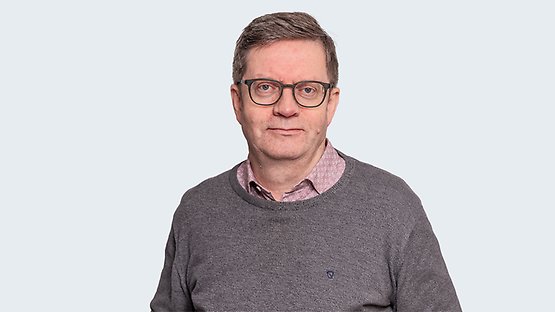
Prof. Roland Larsson
Chair, Luleå University of Technology, specializing in tribology and nanogenerator technologies.

Prof. Zhong Lin Wang
Chair, Georgia Institute of Technology and Beijing Institute of Nanoenergy and Nanosystems, pioneer in nanogenerator research.
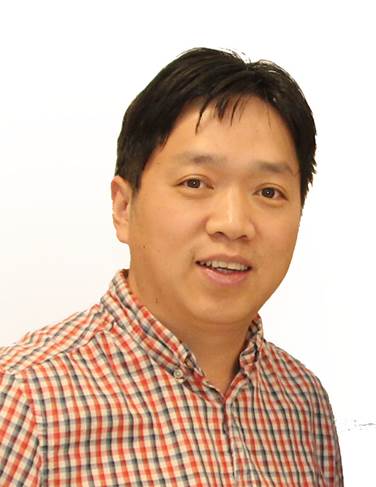
Prof. Yijun Shi
Associate Chair, Luleå University of Technology, expert in tribology and triboelectric sensing systems.
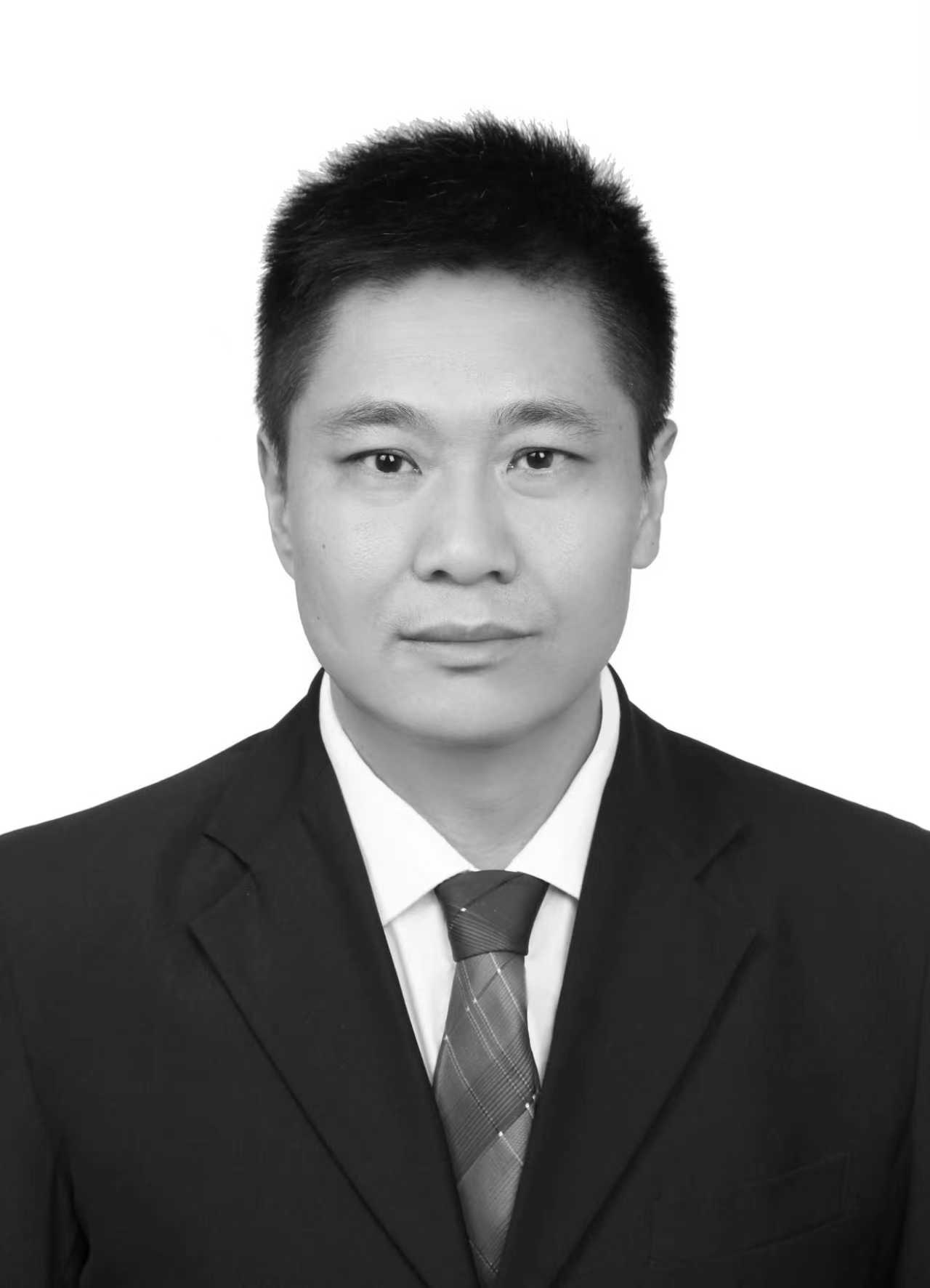
Prof. Baodong Chen
Associate Chair, Beijing Institute of Nanoenergy and Nanosystems, expert in TENG-based self-powered systems.
Conference Organizing Committee
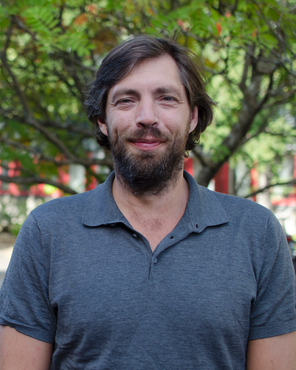
Prof. Andreas Larsson
Luleå University of Technology, Sweden.

Assoc. Prof. Renyun Zhang
Mid Sweden University, Sweden.

Prof. Yijun Shi
Luleå University of Technology, Sweden.
Event Agenda
Program overview
Day 1 - January 20, 2026Opening remarks, plenary, and presentations. |
|
|
|
|
|
|
|
|
|
|
|
|
|
|
|
|
Day 2 - January 21, 2026Plenary, presentations, and a close talk. |
|
|
|
|
|
|
|
|
|
|
|
|
|
|
|
|
Parallel sessions
Day 1 - January 20, 2026Symposiums A-D |
|
|
|
|
|
|
|
|
Day 2 - January 21, 2026Symposiums E-H |
|
|
|
|
|
|
|
|
